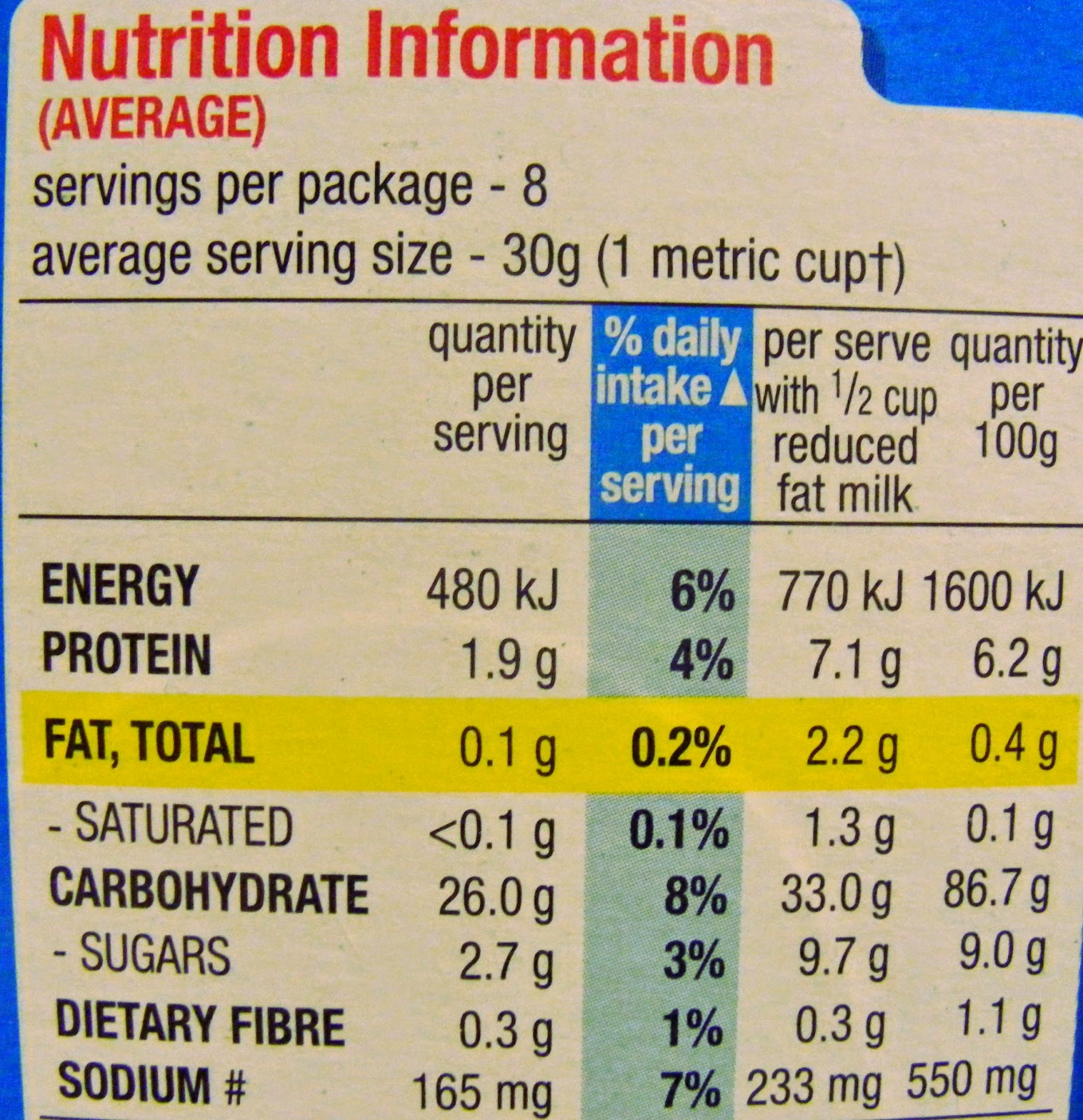How to Gain and Maintain Motivation
Changing your lifestyle to improve your health isn't easy. Behind every successful behaviour change is motivation. However, sometimes finding motivation is the hardest part. I have put together some information that I have learnt throughout my studies and in practice working with weight loss clients which will hopefully help you gain and maintain motivation.
- Find motivation that is more than just a number on the scale, dig a little deeper, why is it important for you to lose weight or eat healthy? A good place to start is with a list of pros and cons. Think about what the positives might be if you don't make the changes i.e I won't have to change my routine, I can sleep in in the morning. Next look at what the positives of making changes might be and how they would impact your life i.e I will live to a ripe old age to see my grandchildren grow, I will feel better, I can prevent getting diseases like diabetes etc. Hopefully you see that the positives of making the change out way the positives of not making the change. Sometimes making a change can be challenging, but these are the things that will drive you to take action.
- Set realistic short term and long term goals. Focus on improving health, and eating sensibly. Your goals are what will motivate you to get back on track when things don't go to plan. Set both long term and short term goals. Make sure that you can measure your success against the goal, i.e Drink 2L of water every day for a month. Set time limits of when you are going to achieve the goal. Remember it only takes 21 days to build a habit! If don't achieve your goal it is a great time to take an honest look and work out why you didn't achieve the goal and try to over come what ever it is.
- Don't set yourself rules. Setting rules on what you can and can't eat makes social gatherings and parties difficult and it takes the enjoyment out of eating. Try to focusing on the foods that are healthy that you can eat all the time. What delicious creations you can come up with using the five food groups? Remember that it is ok to treat yourself occasionally. In fact I have written a whole blog post on treating yourself along with the most delicious brownie recipe. There is no such thing as a good or bad food. Just be sure that one piece of cake doesn't turn into 8 pieces!You need to be able to live in a world where these foods exist and be able to eat them in moderation.
-Setbacks are normal. It's all about how you come back from them. Reflect on your goals and get back on track right away (not tomorrow).
- Let go of your inner perfectionist. It doesn't help and can leave you with a feeling of failure and that opens the door to throwing in the towel. One treat is not what is going to derail all of your efforts.
- Have realistic expectations. Losing weight without a fad diet is going to be slow, but it will be much more sustainable. When it comes to fad diets I always say 'if you can't see yourself following the same diet at age 70 then perhaps it isn't the best diet for you'.
- Don't be afraid to try something new! 'If you do what you have always done then you will get what you have always got'. Maybe what you need is to step outside of your comfort zone? It could be trying new vegetables or not being on a fad diet and instead focusing on eating from the 5 food groups. Whatever it is start small and work your way up. Don't listen to what other people say about the changes you are making because ultimately you are looking after your own health and that's what is important.
- Don't focus on the 'number on the scales', as this is not the best way to measure progress. This is because a big glass or water or a large but healthy meal the night before can increase your weight. Instead focus on how your clothes are fitting, how you are feeling, and how well you are eating.
- If you are really struggling seek help. Sometimes chatting with a doctor, psychologist, dietitian or nutritionist can help you to identify what is going wrong. Getting help from someone outside of your own head can sometimes simplify the problem and help you to take steps to achieve your goal. Often people say to me 'I don't need to see a dietitian/nutritionist/doctor because I know what to do I'm just not doing it'. The reality that is the best time to see a health professional because they can help you to design a plan that you can do. Remember, health professionals are there to help you problem solve!
What motivates you to look after your health?
Have a healthy weekend,
Bridge


Comments
Post a Comment